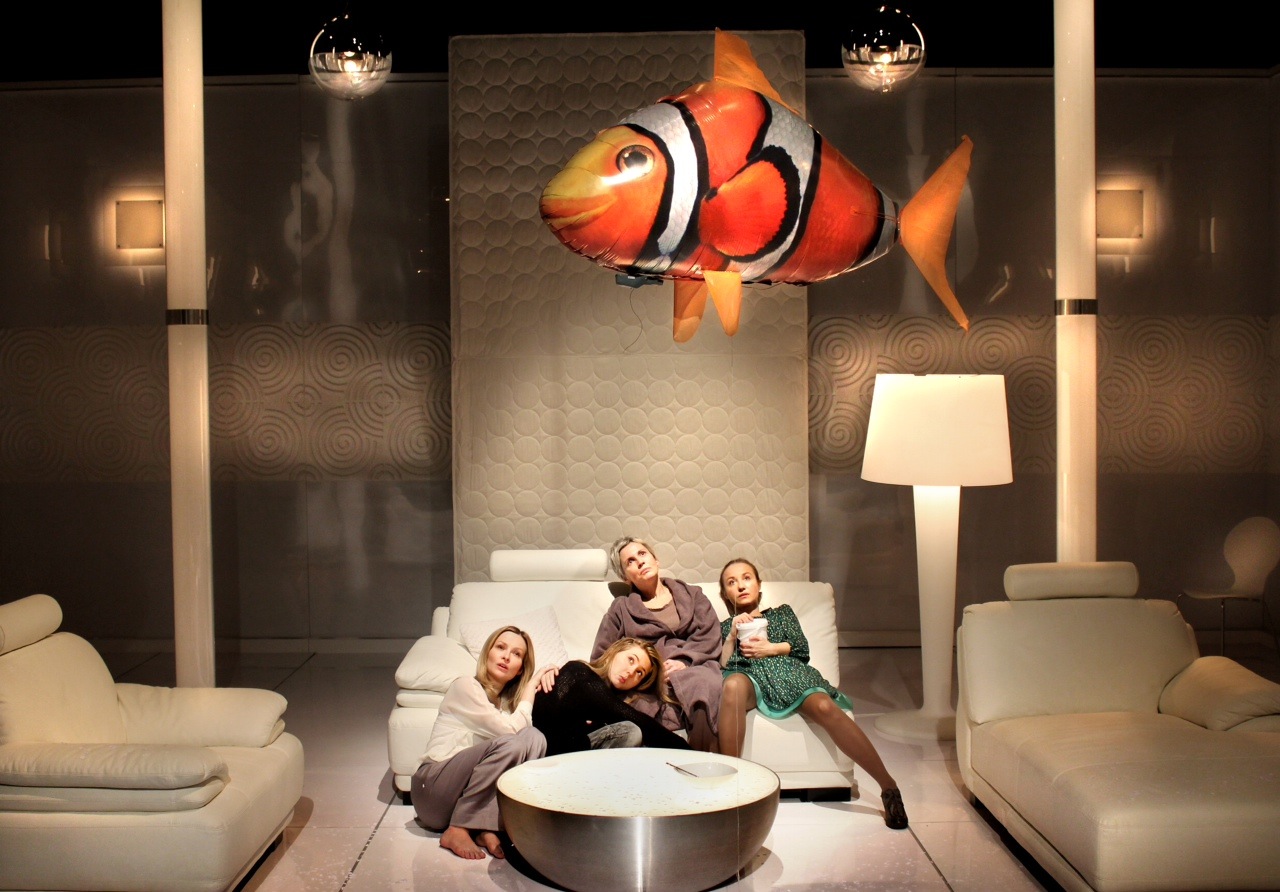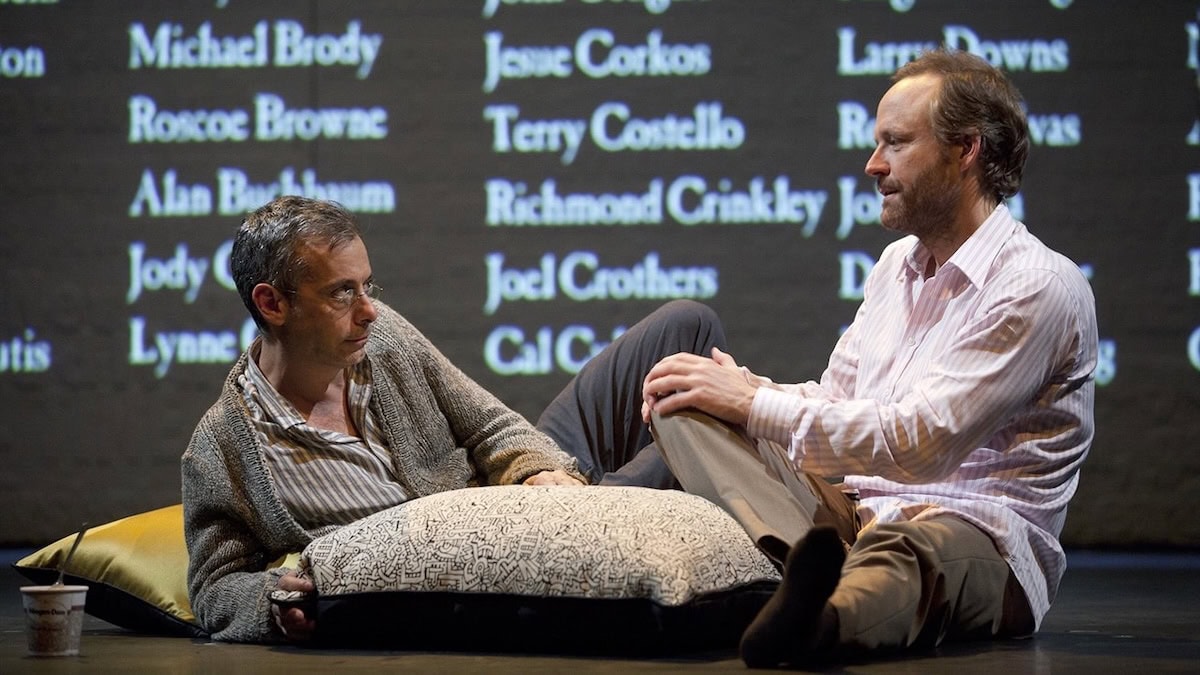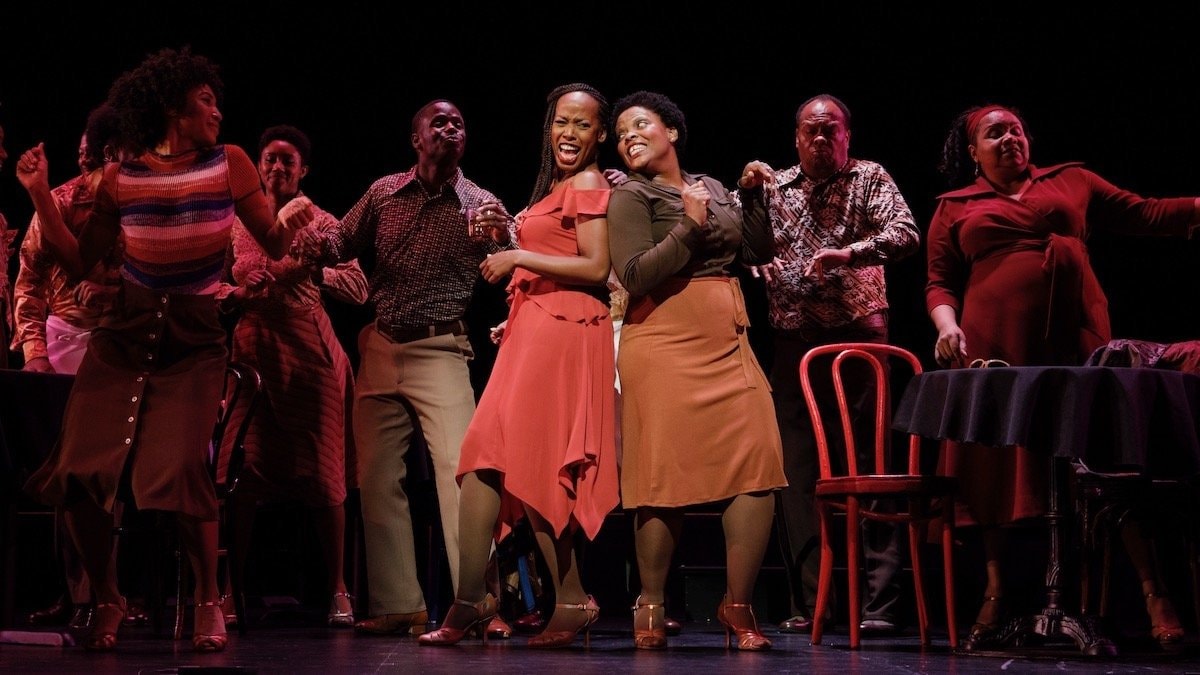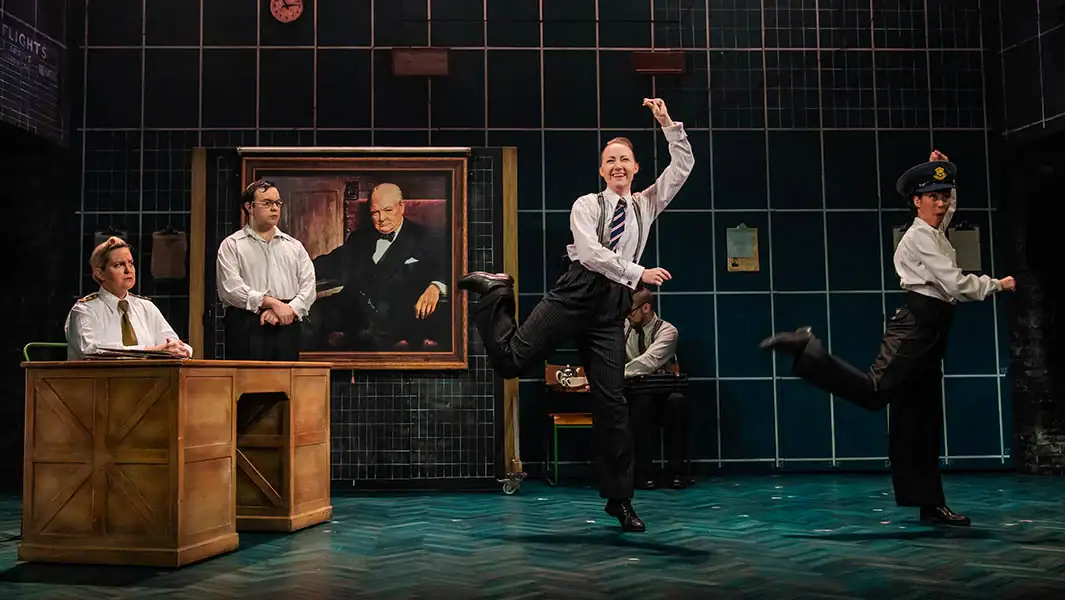
Sarah Ruhl is an admirer of love letters, so much so that she’s designated several of her plays as love letters — to the actors, mothers, fathers, and doctors in her life. One of her plays is even composed of them. Love is a slippery idea but often has a habit of involving people with one another, sometimes too close for comfort, not unlike the theatre. I hope to let the spirit of these love letters inform the following, perhaps a love letter of its own, in praise of the stories Sarah Ruhl imagines for theaters across the globe, especially The Clean House on the tenth anniversary of its publication.
Dear Reader,
Not only do we celebrate the tenth anniversary of this marvelous play, but see in Ruhl’s work that age has not mired her transformative imagination. And after ten years, I can’t help but wonder about what else happens in a decade. What I was like after ten years of life? Would I have enjoyed The Clean House as I do now? At age ten, I enjoyed dolphins. A trip to SeaWorld and Busch Gardens with my father was very enjoyable, even magical – but a play? Perhaps I would have understood less of it then, but to understand a play by Sarah Ruhl in the first place requires that one abandon the idea of age, that it’s some sort of hurdle or series of hoops to conquer. The theatre, after all, is a place to inspire wonder, and who wonders more than anyone else?
In her essay “Children as dramaturgs” Ruhl lets us know what her own daughter, not yet ten, thought after sitting in on a rehearsal of Melancholy Play: “Your plays balance on air I mean they are air I mean they are performed in air so they are air.” That is to say, she was not bored. No one turns into an almond in The Clean House (as one character does in Melancholy Play), but a living room turns into the sea; a hallway into the Alaskan wilderness; a good joke, imminent death. Something my ten-year-old self wouldn’t mind seeing! It’s playful, yet so insightful, yet very playful. It seems that only Sarah Ruhl and very young children might truly believe something insightful could also be enjoyable. Even very smart and accomplished theatre artists dispute this. A play ought to be full of play. How sad to think it is often otherwise.
For Ruhl’s plays, words that often come to (at least the critics’) mind include whimsical and quirky; this, to my dismay. I wonder, What’s quirky about death? Perhaps the confusion stems from Ruhl’s aversion to staging academia and dissecting the human psyche in front of an audience. The act of cleaning one’s house as transcendent and spiritually cleansing conjures an adult audience, but that doesn’t mean only the Adult mind should enjoy it. For a moment, Lane and Virginia experience a primal moment during which they are seven and nine years old, inside the mind, respectively, reads a stage direction from The Clean House. “For me, it’s putting things up against Freud,” she says in an interview with Paula Vogel. And who might care less about Freud than a ten-year-old? Someone who is nine or even seven, perhaps. Children don’t pretend to care about things. They simply care, or don’t, and deeply so.
What happens after you’re done being ten? It’s a special number. According to Sandra Cisneros, whose words feel appropriate here, “you don’t feel eleven at all. You feel like you’re still ten. And you are — underneath the year that makes you eleven.” Adults will deny this. Our world — less so now, but absolutely in the recent past — runs on time, and only those who’ve collected most are apt to offer their infinite wisdom. Seldom appreciated is the wisdom of the child. I think we are so receptive to Sarah Ruhl’s work because she is still in conversation with the part of herself that is ten (and nine and eight and seven and…).
Sarah Ruhl asks questions on behalf of her ten-year-old self, the questions most abandon in a rush to grow up. The Clean House was the first play I read by Sarah Ruhl, and it made me feel like I was ten again. Once more, I could be the ripe age of someone with a world ahead of him, who is not so concerned with Freud, who enjoys dolphins and watching them swim, and who begins to understand the beauty in spectacle and how to behold. A play is not a thesis or a dissertation, but it is a play, and it is play. Sarah Ruhl and her plays remind us to be ten once more and play, to wonder if stones have thoughts as in Eurydice, if cell phones are portals to the afterlife as in Dead Man’s Cell Phone, and if jokes in other languages were funny enough to kill you as in The Clean House. To be childish, to be childlike — to be ten!
Love,
Derick
P.S. The Clean House garnered Sarah Ruhl a great deal of recognition and awards, in addition to the plenty she’d already received. The play has also received many successful and critically acclaimed productions across the country. I have intentionally omitted them from this love letter because, though they are noteworthy and all very special, they’re not exactly in the spirit of love. (Which is not to say playwrights don’t love receiving awards and critically-acclaimed productions; they do.) Instead, and in somewhat of the spirit of The Clean House, I’d like to end with a joke my mother told me. Hopefully, it won’t kill you.
Había un perro que se llamaba “Chiste.” Un día, se murió y acabó el chiste.
To purchase a copy of The Clean House, click here, and to learn more about licensing a production, click here.

The Truth Behind… The Normal Heart

Musical Revues

